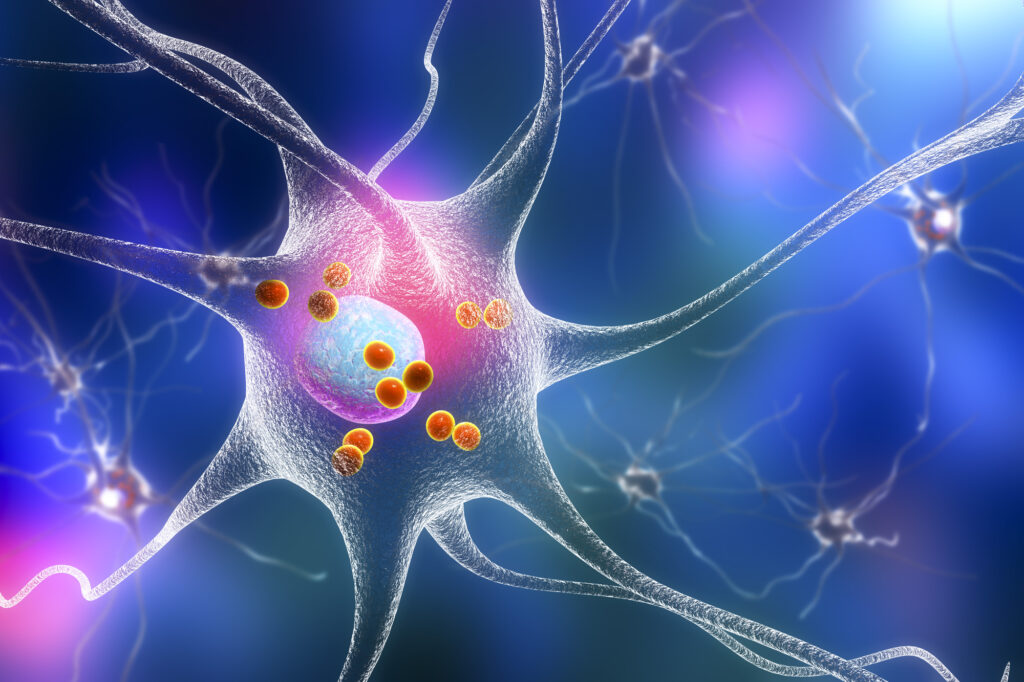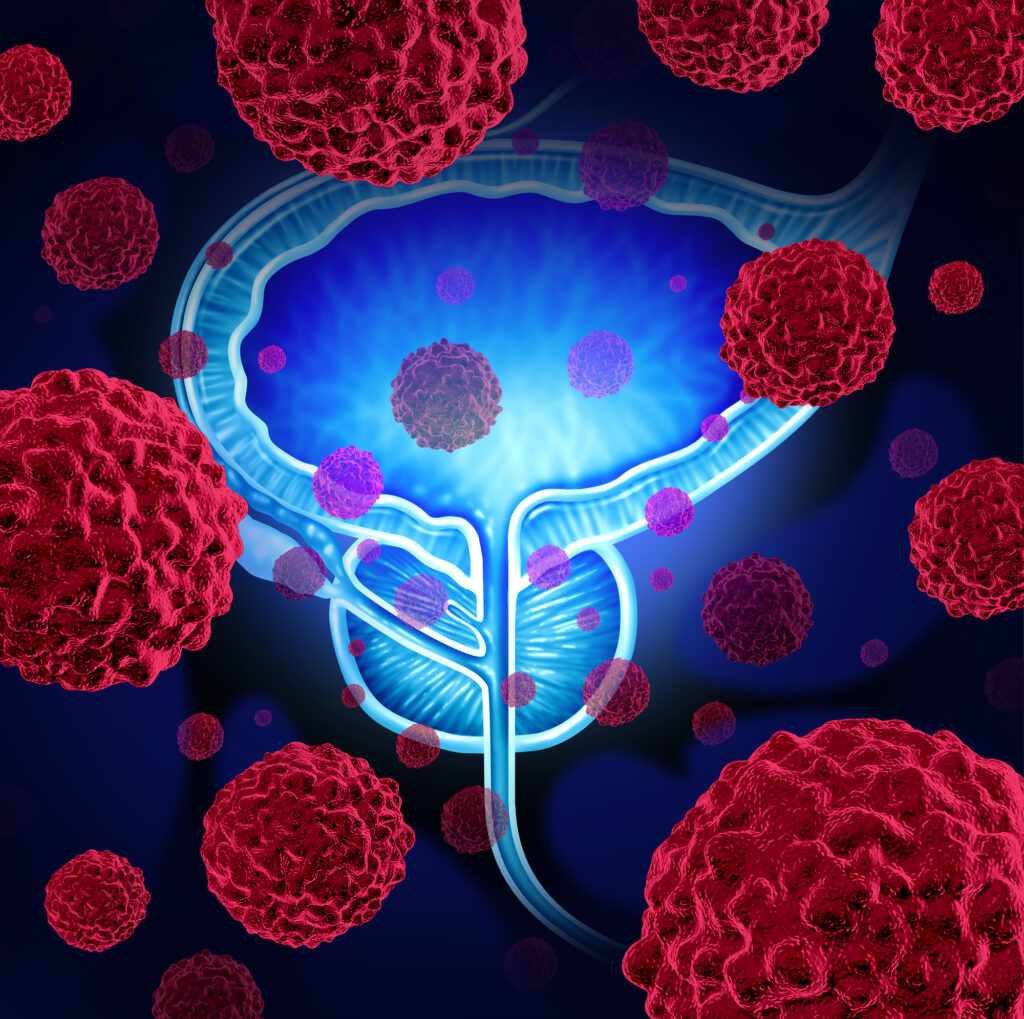A potential new cause of depression in premenopausal women has been uncovered. According to a study in the journal Cell Metabolism, women struggling with depression during their reproductive years have lower levels of estradiol — and the microbiome appears to play a significant role in this connection.
Previous research shows that reduced estradiol in premenopausal women correlates with depression. Researchers suspected that something within the microbiome was speeding up estradiol breakdown and contributing to mood imbalances.
Study Details
For the study, researchers collected gut microbiota samples from premenopausal women. Tests revealed that estradiol degraded by 77.8 percent in participants with depression within just two hours. By comparison, estradiol degraded by just 19.3 percent in subjects without depression. The research team wanted to know what was responsible for this accelerated breakdown in the microbiome.
Testing on mice and in the lab revealed two possible culprits — the microbe Klebsiella aerogenes and the enzyme 3β-HSD. Both were higher in subjects with depression. In mice, K. aerogenes alone lowered estradiol levels and provoked depressive behaviors. 3β-HSD is an enzyme made by K. aerogenes that can degrade estradiol into estrone.
Therapies that target both K. aerogenes and 3β-HSD are a promising treatment avenue for depression in premenopausal women, say the researchers.
“In 1962, scholars discovered that estradiol in the gut is converted into other substances that reduce the amount of estrogen reabsorbed into the blood. However, how estradiol in the gut is converted remains unknown,” wrote the study authors. “In the present study, we isolated K. aerogenes, an estrogen-degrading strain, in the gut of premenopausal women with low estrogen levels. It has been reported that this bacterium can perform some bioconversion; however, whether it could degrade estradiol remained unknown. In the present study, we proved that K. aerogenes could degrade estradiol using in vitro experiments.”
Conclusion
“Our research demonstrates that the degradation of estradiol by gut microbes containing 3b-HSD leads to a decrease in serum estradiol levels, causing depression in female mice. Our study reveals both a novel mechanism for depression in females linked to gut microbes and possible intervention targets.”






